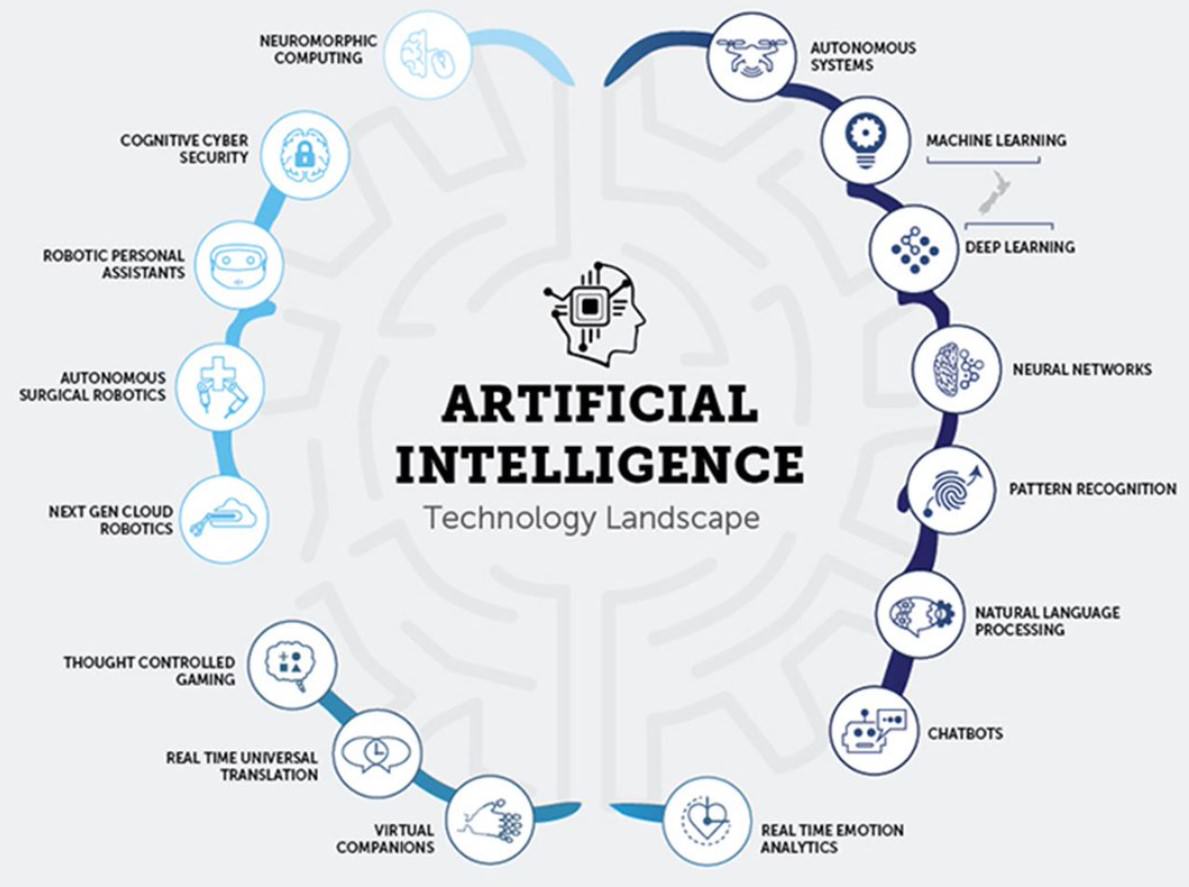The digital age has produced many emerging technologies, to which is presenting new opportunities for businesses to predict and respond more effectively to market demands. One of the leading trend, Artificial Intelligence, has brought about a new, more efficient and intelligent ways of streamlining business operations, which has sustainably helped to achieve high business outputs and first-mover advantage for business owners.

Table of Contents
Artificial Intelligence Can Improve Procurement
The biggest trend in technology right now is the race to make machine learning more sophisticated. Machine Learning is the ability of computers to self-teach and improve from experience without being explicitly programmed. Based on human neural learning, machine learning takes millions of examples and uses layers to build on itself to eventually interpret something without a human first identifying it.
With a mobile-centric and technology-driven trend in procurement, we can surmise that artificial intelligence will materially change the way procurement specialists browse, select, order and process products and services.
Hypothetically, machine learning would be able to predict and understand procurement’s needs even before the specialists do. Acting as a purchasing partner, the machine would complete the tasks like contract negotiation, and invoicing all without the assistance of a manager.
Drawbacks of Artificial Intelligence
One of the foremost drawbacks in implementing AI is in the substantial investments required, from its set-up, to its repair and maintenance, and the point of an unprecedented breakdown; can be very costly and time consuming for business owners.
Furthermore, unlike their human counterpart, machines do not have emotions or moral value, so they are only limited to perform flawlessly in a “controlled environment”; and also due to their present type (Artificial Narrow Intelligence or Weak AI), they do not yet have the ability to make decisions or response correctly when facing unfamiliar situations.
Procurement with Artificial Intelligence
The quantum leap for Artificial Intelligence has profoundly influenced how businesses are conducted today. Organizations which are capitalizing on AI systems are riding on the wave of its eminences to accommodate the increasing dynamic environment comprising demanding customers and the need for speed.
Intra-organizationally, their presence has helped to eliminate many repetitive tasks which have killed productivity in the past. By programming the AI to systemize procurement, workflows have become more simplified and laborious activates reduced. Consequentially, not only has the revolution drastically improved work conditions, but also catapulted higher productivity than before by the tremendous reduction in the lead-time.
In views of financial health of the business, they are able to generate real-time visibility of the spend data, from its ability in analyzing expenditure data, to identifying areas where savings can be made. For this purpose, AI has played a pivotal role in reducing unnecessary spending, where these funds can instead be allocated to other areas that has the potential to yield higher ROI.
Case Example 1: The most convenient way of seeing how revolutionized procurement has become is through application such as Amazon’s Alexa, where after the order has been placed, the processes thereafter are in automation – from the moment procurement buyers delegating the supplier communications to virtual assistants or chatbots, to the system responding to any requests that is related to transactions, procurement, spend, payment, etc., and stretching to the decision to purchase and/or making a re-order.
The full content is only visible to SIPMM members
Already a member? Please Login to continue reading.
References:
Alan, H. (2017) ‘The Rise of AI in Procurement: Separating Hype from Reality’.
Retrieved from: http://spendmatters.com, accessed 07/09/2017.
Khalid, H. (2017) ‘Artificial Intelligence Technology landscape’.
Retrieved from: https://pbs.twimg.com, accessed 19/09/2017.
Stephanie, S. (2016) ‘Can Artificial Intelligence Enhance Procurement Today?’.
Retrieved from: http://www.vroozi.com, accessed on 13 Sept 2017.
Bertrand, M. (2017) ‘How to make chatbots a massive chance for procurement?’.
Retrieved from: https://medium.com, accessed on 15 Sept 2017.
Rachel, S. (2017) ‘How Artificial Intelligence Can Harness Visibility Over Spend’.
Retrieved from: https://www.procurementleaders.com, accessed 09 Sept 17.
Edmund, Z. (2017) ‘Cognitive Procurement – Where it Will (and Will Not) Impact the Enterprise’. Retrieved from: https://www.techemergence.com, accessed 09/09/2017.
Leon, S. (2017) ‘Integrating the Chatbot’. Retrieved from: https://www.capgemini.com, accessed on 15/09/2017.

